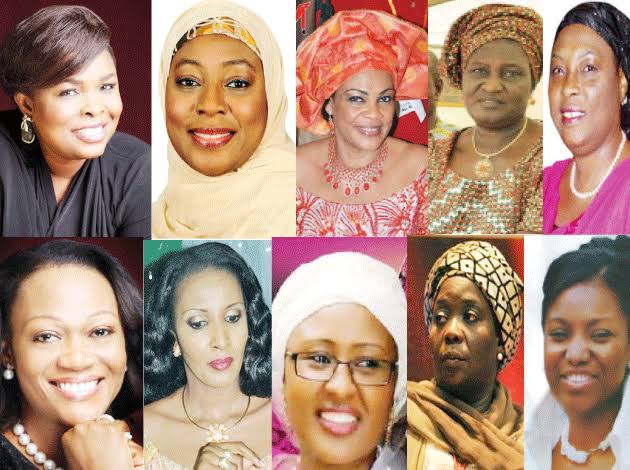By Maryam Afolabi
The 2023 general elections has come and gone, and regardless of the different controversies and misgivings emanating from different stakeholders it is clear that the declarations of INEC on every candidacy holds, as any contradictory opinion can be left to settled in court.
Nevertheless one take away from this election is that despite the numerous campaigns by different NGOs and stakeholders advocating for more involvement of women in Nigerian politics before the election, the percentage of female candidate who were elected into political offices is still highly discouraging.
It almost appear as if women representation in this election took a deep plunge from what we have been experiencing before.
According to statistics gathered from the February 25 2023 Presidential and National assembly election, women got only 15 seats which represent 3.5% as opposed to the men that got a total of 408 seats which represents 95.5% of the 423 seats.
Further breakdown of the data shows that women had just 2 seats at the Red chamber( Senate) and 13 seats at the green Chamber(National Assembly).
It was also gathered that out of 988 state assembly seats across the 36 states of the Federation only 48 female lawmakers representing 4.85% were elected, even though women constituted 47.5% of 93 million registered voters in the elections.
However as discouraging as this results are, some state seem to have display some improvement at their level of women representation during this last election.
For instance in the whole of North Central, Kwara state is leading all other states in the region by producing five women legislators in its national assembly including a 26 years old Rukayat Shittu the youngest female lawmaker elect in the country lady,
This is a great achievement considering that the previous assembly had no single woman legislator.
Also the southwest zone which produced the highest number of female lawmakers among all the geo-political zones with 16 elected women from five out of six states in the region instead of the six states in the region.
Ekiti state led with six female lawmakers while Osun state, unfortunately is the only state in the region without a female lawmaker.
However despite the increase in the number of women legislators in Nigeria, it is still appalling that the country has still not witness a woman winning the gubernatorial election, the closest women have been to the Governorship seat is been chosen as deputy governors and running mates.
Which is why Nigerians were very hopeful and waited with bated breath for the announcement of Aisha Binani as the winner of Adamawa state gubernatorial elections, which would have been a record breaking milestone for the northern state to produce the first female governor in Nigerial.
Unfortunately the election was declared inconclusive after the shocking declaration of her opponent Ahmad Finitri by the electoral umpire.
However all hope is not lost, we will keep our fingers crossed for the supplementary election coming up by 15th of April, to determine whether history will be written for women or delayed once again.
Outside of this, women in Nigeria still have a long way to go, and it is not too early to start preparing for the next election, before another four years will roll by, women should seize the chance to change their narrative in Nigerian politics.
Maryam Afolabi writes from Ilorin
She can be contacted via maryamoyin@gmail.com

